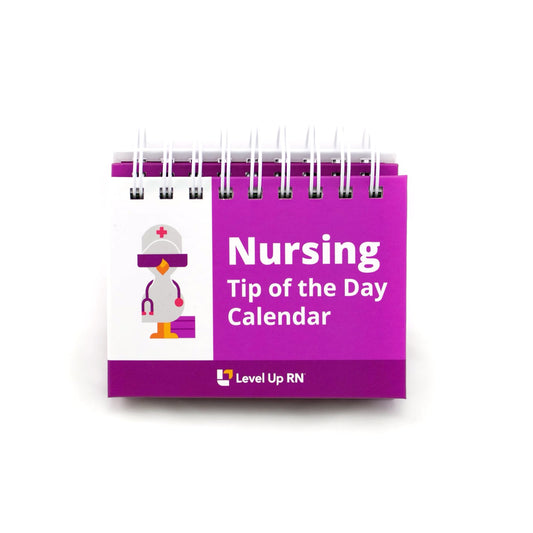Hi, I'm Cathy with Level Up RN. In this episode of Ask a Nurse, I will be answering your questions about colonoscopies, such as what is a colonoscopy? Why is it important to get a colonoscopy and what is it like to get a colonoscopy?
A colonoscopy is a procedure that allows your doctor to look inside your colon. It uses a long, flexible tube with a light and a very small camera at the end of the tube. A colonoscopy is used to screen for colon cancer as well as to investigate any new gastrointestinal signs and symptoms that have come up such as a change in bowel movements.
Colonoscopies are the number one way to help prevent colon cancer by removing polyps in the colon that may turn into cancer. So most colorectal cancers start off as polyps, but not every polyp turns into cancer. Polyps grow very slowly over many years. So if you start getting routine colonoscopy starting at age 45, then any polyps that are found during the colonoscopy can be removed before they can turn into cancer. If no polyps or other issues are found during your colonoscopy, then you can likely wait another 10 years before having your next colonoscopy. However, if polyps were removed during the procedure, then chances are you will need to come back sooner for your next colonoscopy, for example, in 3 to 5 years.
Many people are nervous about getting a colonoscopy, but really the procedure is not that big of a deal. It is done as an outpatient procedure, meaning you don't need to stay overnight in a hospital to get a colonoscopy. It usually lasts about 30 minutes, if no polyps are removed. If polyps have to be removed, then it will take a bit longer.
Honestly, the hardest part about a colonoscopy is preparing for the colonoscopy, something we call bowel prep. In terms of bowel preparation, you should definitely follow the directions given to you by your provider, but this typically includes modifying your diet for several days leading up to your exam. And usually the day before your exam, you will need to drink a clear liquid diet. And then the evening before your colonoscopy, you will need to drink a laxative solution to clear out your bowels. And this means that you'll be spending quite a bit of time in the bathroom.
When you arrive for your exam, you will need to have an IV inserted in your arm or in your hand. And the nurses who place these IVs typically place many, many IVs every single day. So you should be in really good hands.
A colonoscopy is done under moderate sedation. So a sedative will be administered through your IV and most people don't remember anything from the procedure. They wake up and it's all over. You will be pretty sleepy for the rest of the day and someone will need to drive you home from your exam and you will likely want to take a nap later in the day.
Following your colonoscopy, you may have a small amount of bloating and gas.
In addition, if you had polyps removed during the procedure, you may have a small amount of blood in your stool for a day or two. Any polyps removed during the colonoscopy are sent to lab, and it may take several days before you get the results of that biopsy.
Before I wrap up this video, I did want to mention that as a certified wound care nurse, I have cared for many patients with colon cancer. And that can be a very, very difficult road. So it's my hope that this video will motivate some of you to go get a colonoscopy.
I was eager to get my first colonoscopy this year. During my procedure, they did remove a number of polyps, and I am grateful and I sleep well at night knowing those polyps are out of there and they cannot turn into cancer.
All right. So if you have any other health concerns or questions that you would like me to cover in a future episode of Ask a Nurse, definitely leave those in the comments. Stay informed and stay well.


